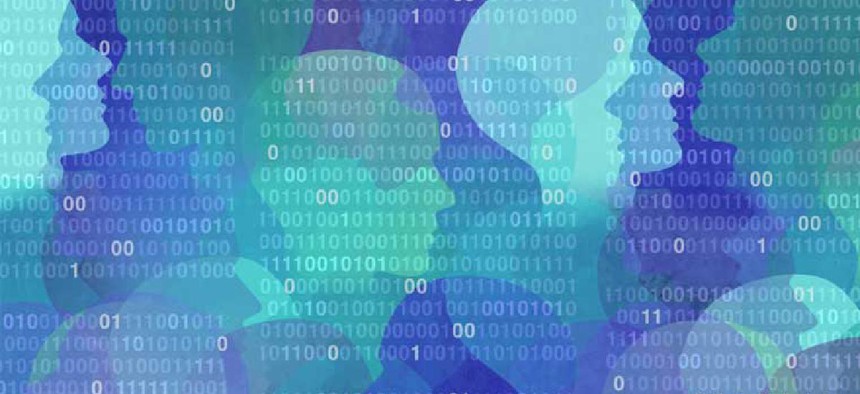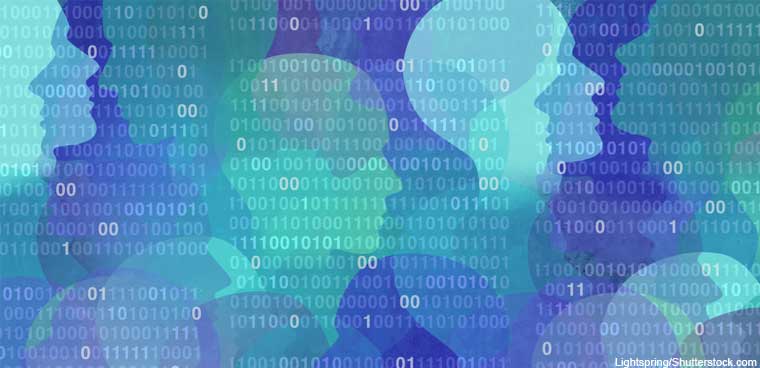House bill aims to strengthen digital ID

Legislation proposed in the House would tap the National Institute of Standards and Technology and the Department of Homeland Security in new effort to help set national digital identifier capabilities.

A bipartisan group of House lawmakers are looking to explore ways of overhauling personal digital identification for U.S. citizens, with an eye to cutting down on data breaches and identity theft.
The Improving Digital Identity Act of 2020 would set up a task force across federal, state and local government charged with creating a new "standards-based architecture" for digital identity verification services and to determine whether it makes sense for federal agencies to supply identity verification to the private sector on a fee-based model.
The bill also calls for the Department of Homeland Security, through binding operational directives, to order federal agencies to put digital identity guidelines created by the National Institute of Standards and Technology in place and to implement practices called for in a May, 2019 White House memo on improving identity, credential and access management.
Co-sponsor Rep. Bill Foster (D-Ill.) called the bill a "much-needed first step" in developing more secure, interoperable digital credentials. With COVID-19 accelerating consumers' migration to online banking, investing, shopping and health care, Foster said, ramping up digital identity protections is crucial to protect online transactions.
Foster sits on the House Financial Services Committee's Subcommittee on Consumer Protection and Financial Institutions.
Reps. John Katko (R-N.Y.), Jim Langevin (D-R.I.), and Barry Loudermilk (R-Ga.) also back the legislation.
"Whether logging into an email account or checking test results from a doctor, people rely on their digital identities every day," Langevin said in a statement. "Yet even as the range of online services continues to expand, the most authoritative form of ID remains the decidedly analog driver’s license."
The bill also has support from the Better Identity Coalition, a cross-industry trade group representing financial services, health care, insurance, technology, financial technology, payments and security providers on issues related to identity management. The coalition, formed in 2018, has been pushing for stronger digital identity protections.
"We're thrilled to see a bipartisan group of House members come together to recognize the importance of these challenges and put forth common-sense legislation to help Americans better protect their security and privacy in the digital world," Jeremy Grant, coordinator of the Better Identity Coalition, said in a statement.


